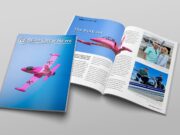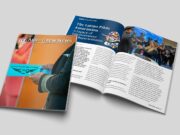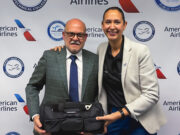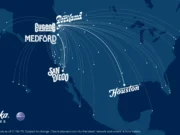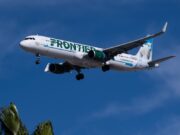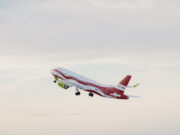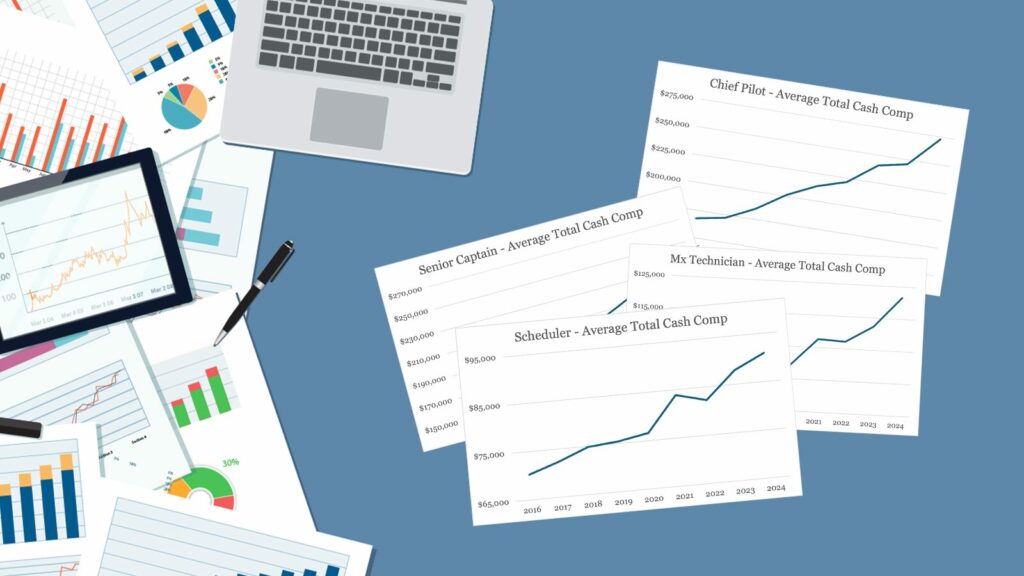
As I mentioned in my August article, the 2024 data from the NBAA, Gallagher, and IBM surveys have been published and are now available for use. While I can’t share data from the IBM survey with personnel/organizations that don’t participate in it, I can share limited summary data from the other two. First, a broad look at the respondent data from the surveys.
| Survey | Number of Organizations | Number of Incumbents | Average Personnel/Org |
| NBAA | 459 | 4578 | 9.9 |
| Gallagher | 117 | 8326 | 71.2 |
Once again, the NBAA survey tends to capture data from smaller aviation organizations while the Gallagher survey tends to capture data from larger ones, including fractional operators like NetJets. Overall, when weighted averages are considered, compensation across the 14 primary flight-department positions increased an average of 9.7% from 2023 to 2024. That’s pretty impressive growth considering that the yearly increase for all private industry compensation over the same timeframe was 4.1% according to the U.S. Bureau of Labor Statistics (BLS).
Compensation Levels and Rates of Increase
Let’s begin by looking at average compensation levels and yearly increases for some different functional groups within a typical flight department.
| Functional Position Group | Average 2024 Total Cash Compensation | Average Increase from 2023 |
| Pilots | $204,777 | 10.73% |
| Maintenance Personnel | $138,735 | 9.74% |
| Flight Attendants | $132,344 | 6.54% |
| Schedulers | $98,194 | 4.49% |
The table above contains the weighted averages for both total cash compensation and rates of increase for the four functional groups depicted. The pilot group contains chief pilot, senior captain, captain, and first officer data. The maintenance personnel group contains director of maintenance, maintenance supervisor, maintenance technician, and line service technicians. The flight attendant group is composed of senior flight attendants and flight attendants, and the scheduler group is made up of flight coordinator/office managers and schedulers. Perhaps as expected, pilot compensation increased the most, at nearly 11% year over year. Scheduler compensation increased the least at about 4.5%.
Now, let’s examine the data from an organizational level perspective.
| Organizational Level Group | Average 2024 Total Cash Compensation | Increase from 2023 |
| Leadership | $262,420 | 10.86% |
| Mid-Level | $218,873 | 9.37% |
| Line | $144,532 | 9.84% |
This table provides a different cut at the data, again using weighted averages. The leadership group includes aviation director/manager (flying and non-flying), chief pilot, and director of maintenance. The mid-level group consists of flight coordinator/office manager, maintenance supervisor, senior captain, and senior flight attendant. The line group consists of captain, first officer, flight attendant, line service technician, maintenance technician and scheduler. Due to the highs and lows of the different functional areas within these groups, all groups enjoyed substantial compensation growth from 2023 to 2024.
Eight-Year Lookback
With these summary statistics in mind, let’s look at growth rates for a few selected positions over the last eight years. The numbers used are raw averages vs. the weighted averages used above, but the trend remains consistent.
We’ll start with the two positions that increased the most over this time frame.
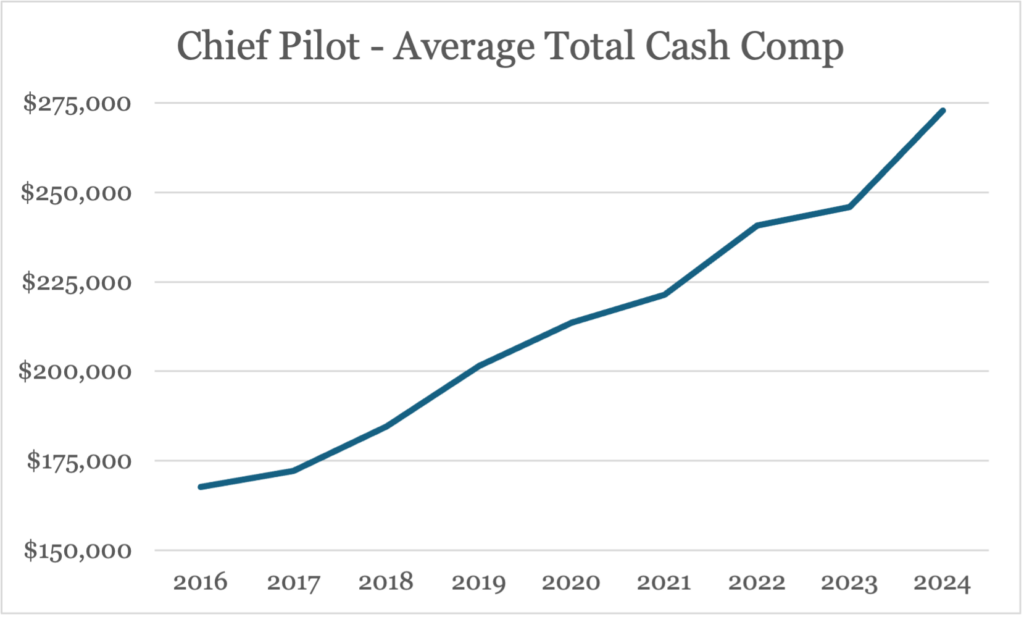
From 2016 to 2024, total cash compensation for chief pilots has increased by almost 63%. During that same period of time, total cash compensation for senior captains increased by over 58%. Although not depicted, senior flight attendant compensation grew by approximately the same percentage over the same period.
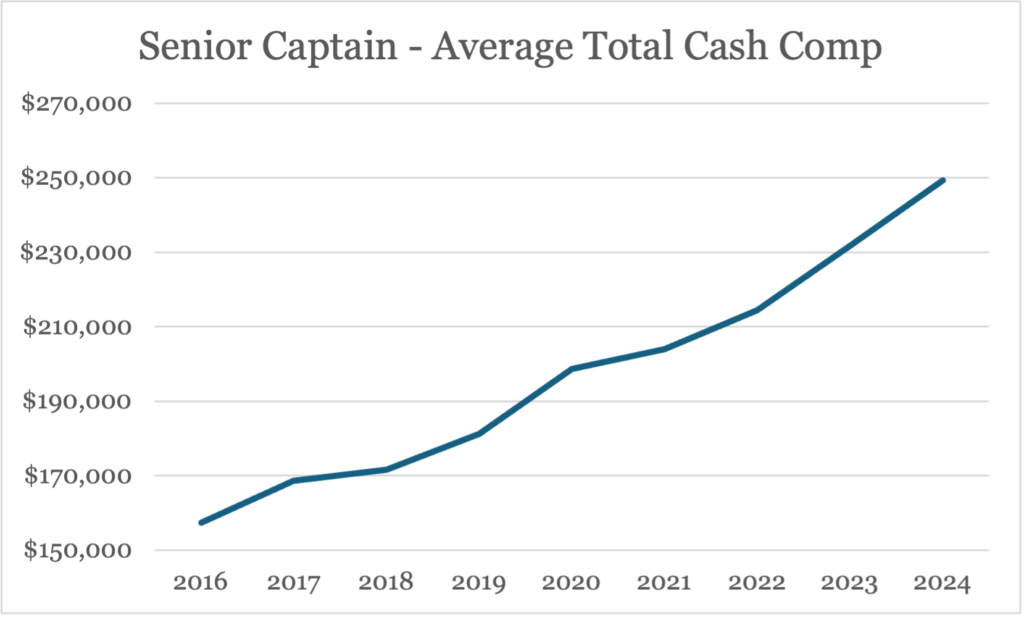
From the positions with the highest growth, we go to the positions with the lowest. During the eight-year period, maintenance technician total cash compensation grew just over 32%.
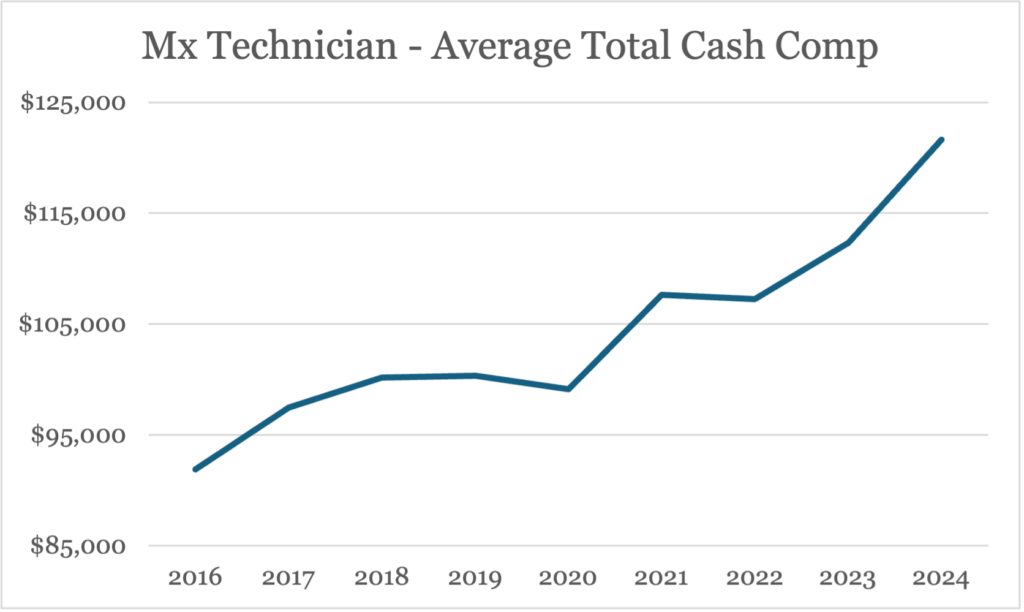
The position with the lowest growth from 2016 to the present is scheduler, with a total growth rate of just over 29%. That growth rate is only slightly better than the BLS total annual growth of private industry compensation over the same period at exactly 29%.
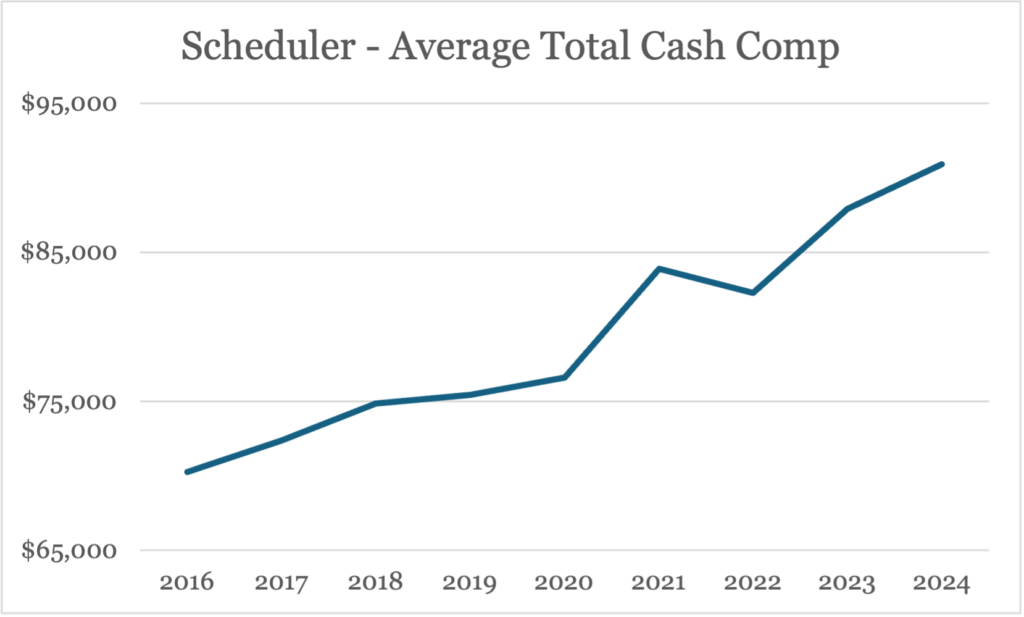
In summary, the highest gaining positions in our data set increased at just over twice the level of private industry compensation as a whole, and the lowest gaining kept pace with it. The good news here is that not one of the positions in our industry underperformed the private industry compensation growth factor over this eight-year period.
For most of the primary positions in the flight department, the 2024 data shows that significant compensation increases were implemented in the last twelve months, particularly for pilots. It would seem that decision makers throughout our industry are paying attention to the dynamic nature of the compensation marketplace taking measures to adapt their strategies to it. That’s good news for all of us.




